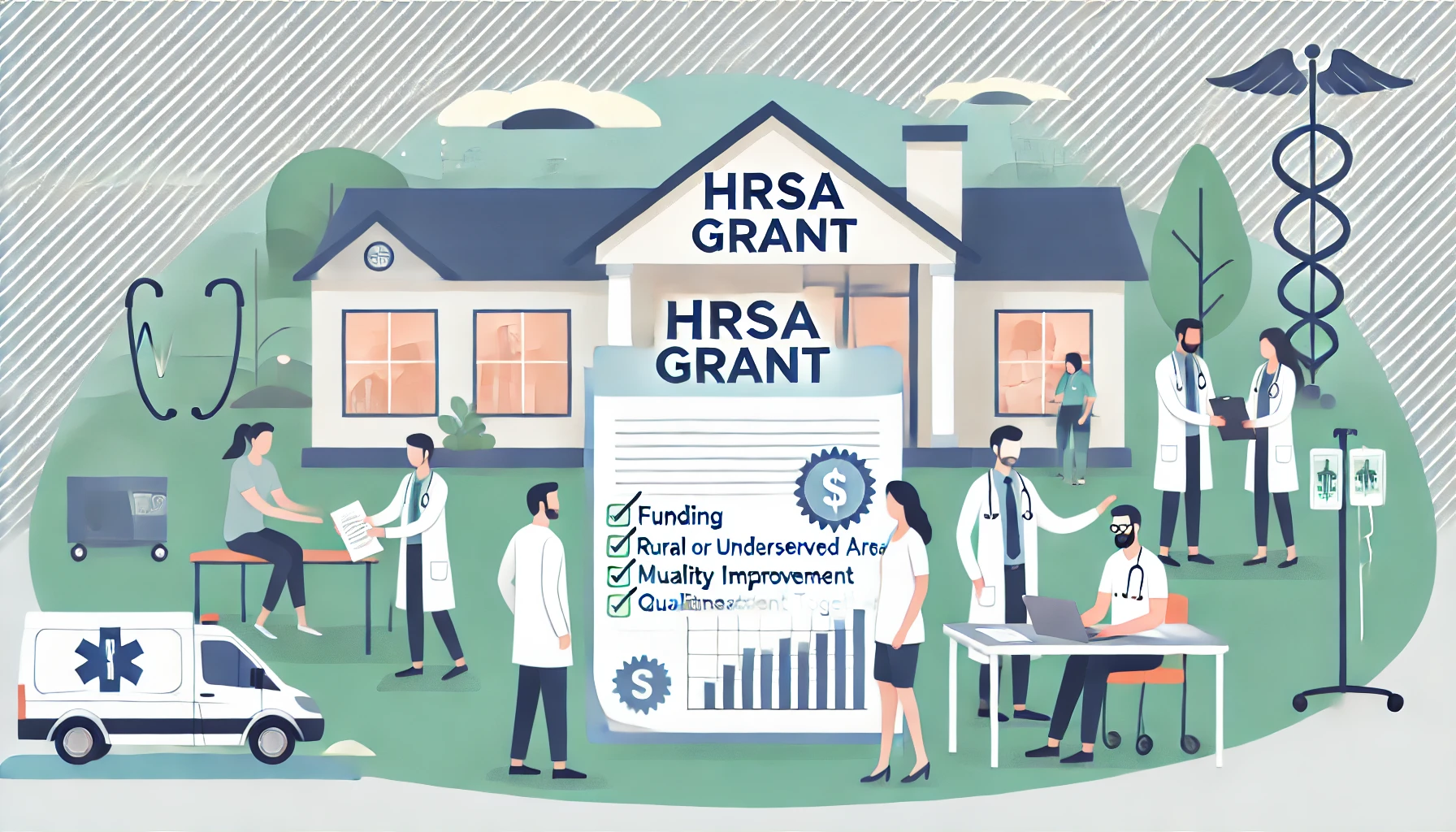
Table of Contents

HRSA launches Rural Maternity and Obstetrics Support Program to address critical healthcare access gaps, offering hope for rural maternal care through tech and infrastructure.
HRSA launches Rural Maternity and Obstetrics Support Program to address critical healthcare access gaps, offering hope for rural maternal care through tech and infrastructure.
Rural Maternity Care: HRSA's Innovative Approach to Healthcare Access
The healthcare landscape in rural America is undergoing a critical transformation, with the Health Resources and Services Administration (HRSA) taking bold steps to address the growing maternity care crisis. In a recent announcement, HRSA is launching a groundbreaking initiative that could reshape healthcare access for millions of women in underserved communities.
The Maternity Care Crisis in Rural America
Rural communities have long struggled with significant healthcare disparities, and maternity care has been particularly challenging. Over the past decade, we've witnessed a troubling trend of hospital closures and declining obstetric services in rural areas. Consider these stark realities:
- Nearly 50% of rural counties have lost all hospital-based obstetric services
- Pregnant women often must travel over 30 miles to receive maternal care
- Rural maternal mortality rates are significantly higher than urban counterparts
HRSA's Strategic Intervention
The Health Resources and Services Administration is addressing these challenges through the Rural Maternity and Obstetrics (RMO) Support Program. This initiative represents a comprehensive approach to rebuilding and sustaining maternal healthcare infrastructure in rural regions.
Key Program Components
The RMO Support Program focuses on several critical areas:
- Financial support for maintaining obstetric services
- Recruitment and retention of maternal healthcare professionals
- Technological infrastructure improvements
- Telehealth expansion capabilities
At Medplace, we recognize the importance of external perspectives in addressing complex healthcare challenges. Independent peer review can play a crucial role in identifying systemic gaps and improving healthcare delivery, especially in resource-constrained environments.
Potential Impact and Challenges
While the HRSA program offers promising solutions, significant challenges remain. Rural healthcare systems face multifaceted obstacles, including:
- Limited financial resources
- Physician recruitment difficulties
- Aging infrastructure
- Complex regulatory environments
Technology as a Potential Enabler
Innovative technologies like telehealth and remote consultation platforms could be game-changers. Our platform at Medplace, for instance, connects healthcare providers across 132 specialties, potentially helping rural institutions access specialized expertise they might otherwise lack.
Broader Implications for Healthcare Equity
The RMO Support Program isn't just about maintaining services—it's about fundamentally reimagining rural healthcare delivery. By investing in infrastructure, technology, and professional support, HRSA aims to create sustainable models that can be replicated across different regions.
Questions for Consideration
As we examine this initiative, several critical questions emerge:
- Can technological solutions truly bridge the rural healthcare gap?
- What long-term strategies will ensure continuous improvement?
- How can we create more attractive professional environments for healthcare providers in rural settings?
Looking Forward
The HRSA's Rural Maternity and Obstetrics Support Program represents a significant step towards addressing rural healthcare disparities. However, it's crucial to view this as part of a broader, ongoing transformation rather than a definitive solution.
For healthcare organizations, this means:
- Continuously reassessing current models
- Embracing technological innovations
- Prioritizing collaborative approaches
- Leveraging external expertise through peer review
Original Source: AHA News Article on HRSA Rural Maternity Program
The journey to transform rural maternity care is complex and ongoing. While challenges remain significant, initiatives like the HRSA program offer hope and a potential roadmap for meaningful change.

Why Every Hospital Needs a Quality and Patient Safety Program
Every hospital needs a quality and patient safety program to reduce harm, improve care, and foster a culture of accountability.
.png)
.png)

HRSA FQHC Requirements: A Comprehensive Guide for Healthcare Providers
When it comes to federally qualified health center requirements, there’s no shortage of regulations, expectations, and—depending on your perspective—opportunities.
.png)
.png)

Unlocking Funding: A Guide to Health Resources and Services Administration (HRSA) Grants
Use HRSA grants to fund external peer review programs that enhance care quality, reduce bias, and support compliance in health centers.
.png)
.png)



.png)
.png)
.png)






.png)